It is with deep sadness that the SAMRC acknowledges the passing of Professor Dan Stein, an esteemed scientist, colleague, and leader in the field of mental health research. Prof. Stein served the SAMRC with distinction as Extramural Unit Director of the SAMRC/UCT Risk & Resilience in Mental Disorders Research Unit and previously as Extramural Unit Director of the SAMRC/UCT Anxiety and Stress Disorders Research Unit.
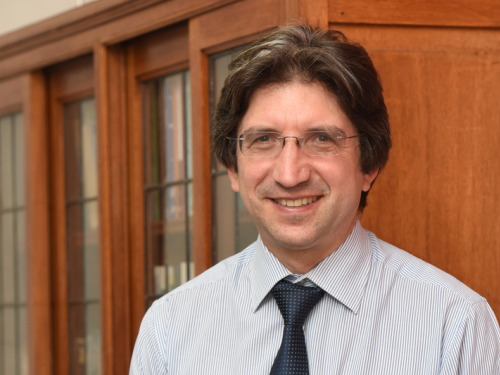
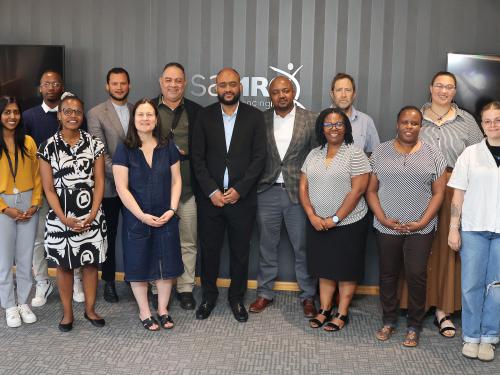 The South African Medical Research Council’s (SAMRC) Cochrane South Africa (CSA) hosted a high-level delegation from the Africa Centres for Disease Control and Prevention (Africa CDC), Science and Innovation Directorate, for a strategic engagement aimed at strengthening evidence synthesis, knowledge translation, and policy-informed decision-making across the continent.
The South African Medical Research Council’s (SAMRC) Cochrane South Africa (CSA) hosted a high-level delegation from the Africa Centres for Disease Control and Prevention (Africa CDC), Science and Innovation Directorate, for a strategic engagement aimed at strengthening evidence synthesis, knowledge translation, and policy-informed decision-making across the continent.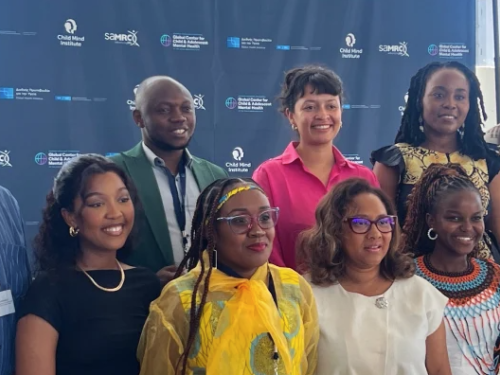 A youth-led taskforce is driving key strategic priorities in mental health care identified during the annual Expert Gathering in Cape Town, South Africa on November 24 and 25. At the two-day event, international collaborators — including young leaders, mental health experts, government representatives and policymakers, and NGOs — worked to identify new pathways for strengthening existing systems, building workforce capacity, and improving culturally responsive assessment tools across diverse communities.
A youth-led taskforce is driving key strategic priorities in mental health care identified during the annual Expert Gathering in Cape Town, South Africa on November 24 and 25. At the two-day event, international collaborators — including young leaders, mental health experts, government representatives and policymakers, and NGOs — worked to identify new pathways for strengthening existing systems, building workforce capacity, and improving culturally responsive assessment tools across diverse communities.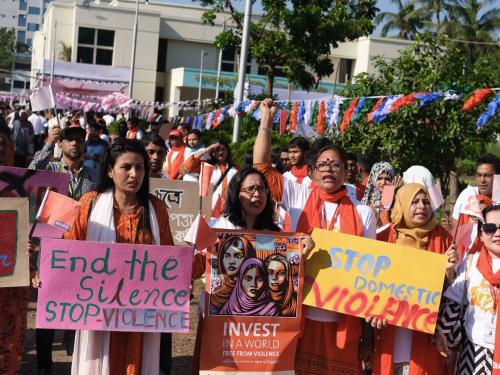 Violence against women remains one of the world’s most persistent and under-addressed human rights crises, with very little progress in two decades, according to a landmark report released today by the World Health Organization (WHO) and UN partners.
Violence against women remains one of the world’s most persistent and under-addressed human rights crises, with very little progress in two decades, according to a landmark report released today by the World Health Organization (WHO) and UN partners.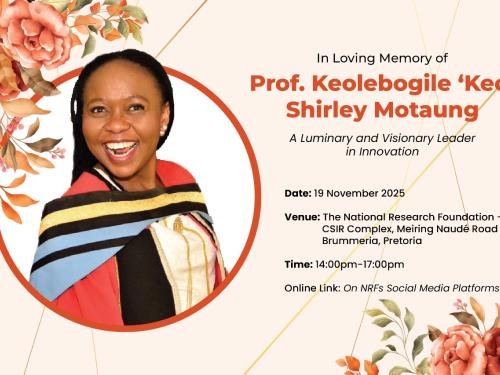 On behalf of the South African Medical Research Council (SAMRC), Professor Ntobeko Ntusi, President and CEO of the SAMRC, has expressed deep sadness on the untimely passing of Professor Keolebogile Shirley Motaung.
On behalf of the South African Medical Research Council (SAMRC), Professor Ntobeko Ntusi, President and CEO of the SAMRC, has expressed deep sadness on the untimely passing of Professor Keolebogile Shirley Motaung.
